Choosing a school for your child is certainly not the easiest task, regardless of whether or not you have an idea of the type of education you’d like for your child prior to them reaching their school years.
The decision is exacerbated when parents come to consider whether they’d prefer a public or private school education for their growing student. We have explored the various reasons parents might choose the private school system in our previous blog posts in this series (which you can read here), but today we would like to delve further into the actual process of choosing a school and how to approach conversations with administrators and admissions coordinators at the private schools you may visit.
It might seem that the main thing you should consider when picking a school for your child is the actual, specific course offerings of the school. While this is undoubtedly important—especially if your child already has a strong sense of what they want to study in their postsecondary education or do as a career—there are several other elements that are equally important and that prospective parents do not always think to keep in mind.
The first of these, which ties directly to the idea of your child’s future aspirations, is how much academic guidance the school provides to its students. By this we mean how involved the guidance counselors are in the postsecondary school application process: Do they hold workshops to walk students through common university and college applications? Do they invite postsecondary schools from the area into the school for seminars and Q & A sessions? Do they encourage students who may not be interested in more traditional postsecondary pathways, and are they willing to work with you and assist in your research to find the best option for your student’s future? At Keystone, for example, we have a dedicated team of academic coordinators who sit down with each individual student from the start of their high school career to engage in robust academic planning and map out their course trajectory. They also review students’ postsecondary applications and provide support every step of the way. This sets students up for success as they leave Keystone and enter the broader academic world.
Another important factor to consider when choosing a school for your child is what your child themself is actually passionate about. No two children are completely alike, and if you find that your child has a knack for chemistry and science experiments, or prefers writing poetry and making multimedia content, or just wants to spend all day watching hockey, these are interests that should be fostered and encouraged, particularly at the start of their educational journey. And while it may seem that some of these passions are not entirely related to a future career path, it is worth exploring how the school you choose can help your student apply their interests to more concrete, fundamental life skills. For example, you might find that your child is spending lots of their free time on TikTok or Instagram, and maybe this seems like a mindless pursuit. However, at Keystone, we have found that these sorts of students excelled in our video editing after-school club and developed a keen interest in marketing and business projects that involved content creation. As another example, you may have a student who is actively interested in sports, but has never considered exercise science or physiotherapy as a possible profession. This is something we witnessed when we invited a local physiotherapist into our school as part of our Guest Speaker Series (which we hold twice a year here), as there were several athletic students who became immediately intrigued by this career path they would not have otherwise explored. Ultimately, if your student has a subject or extracurricular hobby that brings them joy, see if the schools you are visiting are willing to incorporate aspects of these interests into their learning–you will only see them flourish and succeed if you do!
And finally, the most important thing that you can do when considering a school for your child is take a moment to reflect and decide what is of value to you and your family. This can be a specific educational approach or teaching style, or it can be a set of morals and beliefs that you hope will be instilled in your child by their school environment. At Keystone, we foster a family-like community and focus on being a warm and inviting atmosphere for all of our students, whether international or local. We encourage an emphasis on individualized support and, because of our small class sizes, our staff members know all of our students by name and can engage with them on more than just a superficial level. We also pride ourselves on our open lines of communication with both students and their families, and we are always available for meetings with parents as we believe a student’s education is a collaborative process between caregivers and academic professionals. This might be something that is very important to you and your child, or it may not be—but whatever it is your family prioritizes as it relates to academics, it is worth ensuring that the school you choose also keeps that at the forefront of their educational style.
While it can feel daunting to choose a school for your child, there is also always the opportunity to get in touch with the Admissions Department and ask them for help and advice. There is no question that should go unanswered in this process, so if you have a doubt or idea, do not hesitate to voice it. The right school environment will be open to your thoughts and will encourage your participation in your child’s educational journey every step of the way!
And don’t forget to make use of the following resources which are excellent databases of various private school options with detailed information and testimonials to get you started on your exploratory journey:
OurKids – An online database which compares different schools on a series of metrics and offers direct links to schools’ websites and to testimonial interviews from parents, alumni and students.
City Parent – A useful resource that provides schooling options in a particular area of the city of Toronto and also provides valuable details about specialized programs and offerings from certain schools.
Next in the Series:
- Financing Your Child’s Private Education: Scholarships, Grants, and Financial Aid: Understanding the financial aspect is crucial. We’ll provide information on scholarships, grants, and other financial aids available to help manage the costs associated with private schooling.
- Navigating the Transition: Finally, we will guide you through the practical steps of making the transition as smooth as possible, from preparation to integration into a new school environment.







